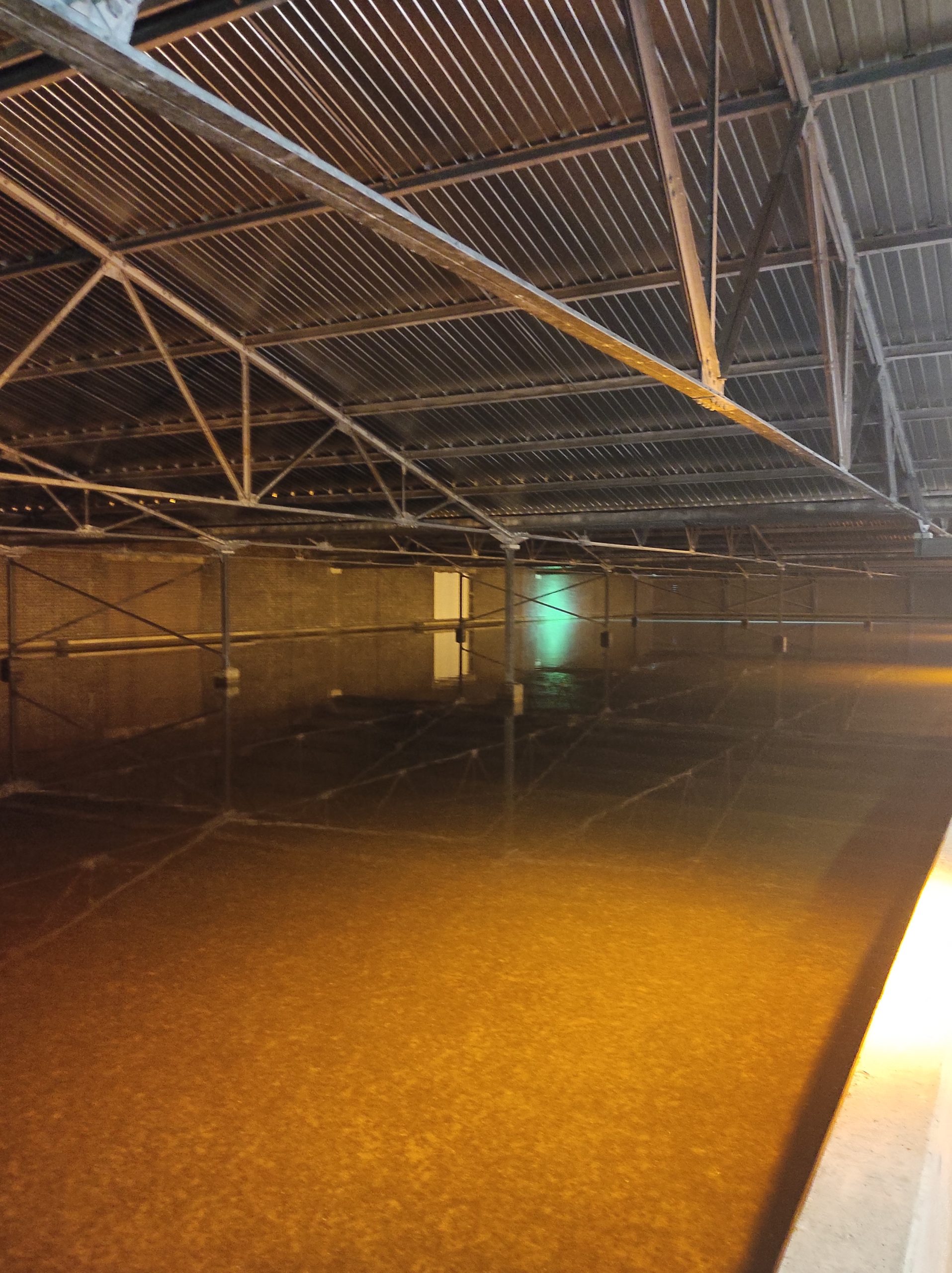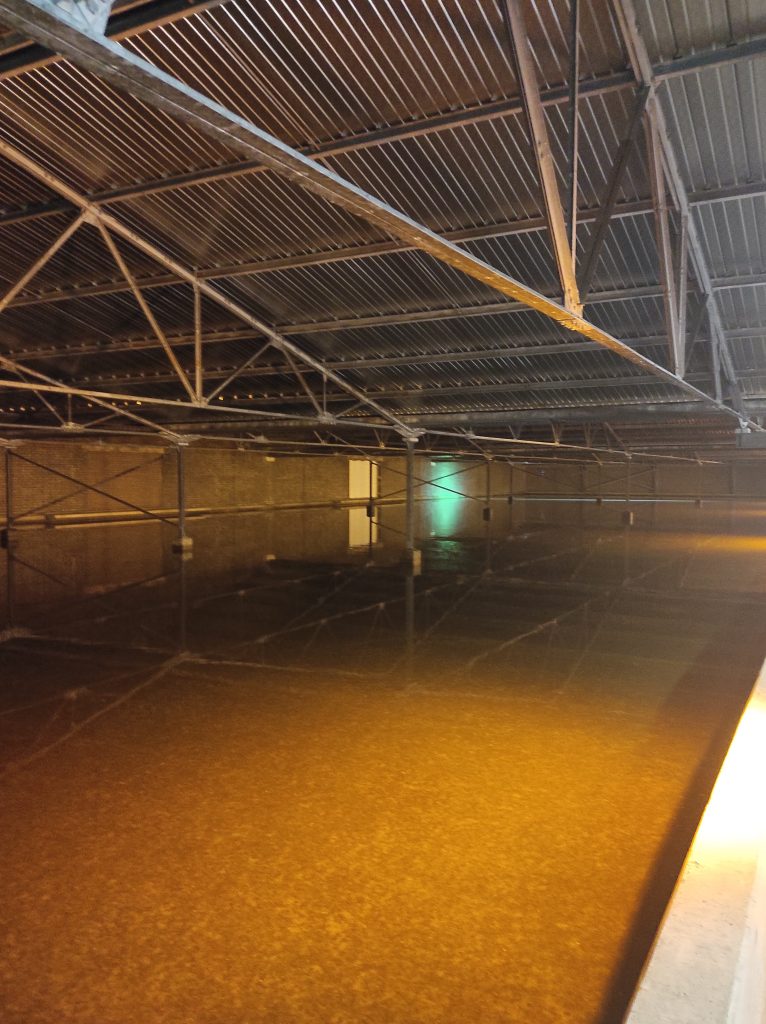In the realm of water treatment, few technologies stand the test of time like
slow sand filters, These ingenious systems harness the power of nature, employing layers of sand and gravel to purify water through a combination of physical and biological processes.
Renowned for their simplicity and reliability, slow sand filters offer a beacon of hope for communities seeking sustainable water treatment solutions. With minimal energy requirements and a proven track record of efficacy, these filters emerge as the ideal choice for pre-treatment applications in smaller communities or remote locations.



Gamal AlDin Dwidar Street 1, AlHadiqah Ad Dawleyah, Nasr City, Cairo
01019689990
Tikal Water & Irrigation Systems © All Copyright 2024